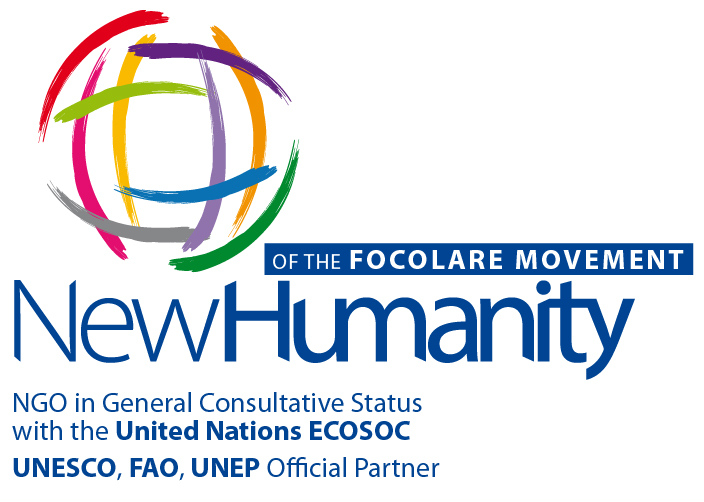from: New City
Millions of people around the world are so desperate that they are prepared to risk their lives to gain entry to countries such as Britain. If our economy cannot withstand this in-flux, together with other wealthy nations, we can help resolve the problems of their na-tions. It is simply a question of priorities. In a civilized society, which we surely claim to be, universal fraternity must be part of the equation.
There is no doubt that UKIP is calling all the shots on the current British political scene. Its almost exclusive emphasis on immigration and Europe is forcing the other main political parties to make these issues their priority too. David Cameron, it would seem, has little choice but to try to fend off UKIP’s offensive by making a lot of aggressive noises about controlling immigration and standing up to the EU. What seems to be forgotten in all of this scare-mongering, is the fact that there are millions of people around the world whose situations are so desperate that they are prepared to risk their lives to gain entry, often illegally, to countries such as Britain. It is one thing to look at the statistics and demand that these people be sent back to where they came from; it is quite another to have met with and spoken to these families and individuals, many of whom have escaped imprisonment, torture and death before arriving on these shores.
If it really is the case, and so far no-one has shown it be so, that our economy cannot withstand the influx of these desperate people, then the least we can do is to get together with other wealthy nations to see how we can help resolve the problems of the so-called ‘developing nations’. It is all simply a question of priorities. For example, it is clear that, for our government, it is more important to have a nuclear arsenal, than to invest money in helping the poor, both here and abroad. It is a fact that the UK is one of the most ‘generous’ nations with regard to overseas aid, but even so, it contributes a tiny fraction of GDP to that end.
How we react to the ‘problems’ of immigration also depends to a large extent on how we view ‘foreigners’. Are they just a nuisance, adding to the many difficulties faced by our society? Or are they brothers and sisters who, by accident of birth, find themselves in impossible situations? If our viewpoint is the latter, then we will make every effort to do all in power to help them. If it is the former, we will do all we can to enable them to have as good a life as we ourselves enjoy.
Very little is said in the current political debate about universal fraternity, about the fact that we are all brothers and sisters, regardless of where we are born. The arguments seem to hinge almost entirely on economics and social stability. It would be naïve to ignore such arguments, but in a civilised society, which we surely claim to be, compassion and empathy must be part of the equation. But which of our political leaders will have the courage to present the complete picture to the electorate?
Percent of GDP Committed to Foreign Aid
|
|
Country |
% |
|
1 |
Sweden |
0.99 % |
|
2 |
Norway |
0.88 % |
|
3 |
Denmark |
0.82 % |
|
4 |
Netherlands |
0.80 % |
|
5 |
Belgium |
0.50 % |
|
6 |
United Kingdom |
0.48 % |
|
7 |
Ireland |
0.43 % |
|
8 |
Finland |
0.43 % |
|
9 |
Spain |
0.43 % |
|
10 |
Switzerland |
0.42 % |
|
11 |
Austria |
0.42 % |
|
12 |
Germany |
0.38 % |
|
13 |
France |
0.38 % |
|
14 |
Canada |
0.32 % |
|
15 |
Australia |
0.29 % |
|
16 |
New Zealand |
0.27 % |
|
17 |
Portugal |
0.25 % |
|
18 |
Italy |
0.21 % |
|
19 |
Greece |
0.20 % |
|
20 |
Japan |
0.20 % |
|
21 |
United States |
0.19 % |



